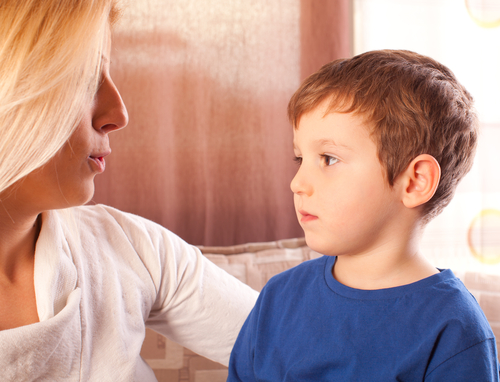
At times it can feel that we do nothing but reprimand children, bribe them and threaten them for the ways in which they behave - ways which we and society generally regard as negative. The good stuff often goes unnoticed. We don’t need to think about it, so it often passes us by, without acknowledgment.
So many parents in my experience get caught up on the behaviour and the act that the child carries out. However, mostly parents forget to ask why -
-
Why is it that my child needs to do all of these things?
-
What are they gaining from behaving in this way?
-
What need is being met from acting out in this way?
Mostly, it is the ‘acting out’ behaviours we notice. We don’t often hear parents complain about the child who sits quietly in their room and doesn’t engage (acting in).

As parents, if we only come up with consequences for the behaviour that is outwardly expressed, then we will be missing the real message our child is giving us. Remember that children - right up to the older teens - are learning. They are learning to communicate, to express feelings and to regulate emotions. Through actions, they show parents what is going on for them. However, we often miss the cue.
We so easily get caught up on the actions and putting consequences in place to deal with them, we lose sight of trying to discover what is really going on for our children and young people. As parents, we often act out too. We may not be the best at sitting and reflecting on our own behaviours, or asking ourselves why we are behaving in such a way. Our children may not have the role models they need in order to learn how to cope with what is happening for them. Therefore, parents get it all in action-packed days and evenings of what we call ‘bad behaviour’.
What about trying a new approach:
-
Firstly. naming the behaviour, and naming it to your child that it is not acceptable behaviour.
-
Laying down very clear boundaries around what is, and is not acceptable in your home and family.
-
No double-standards; whatever goes for the children, goes for the parents. So, 'no hitting' means no hitting; 'no shouting' means no shouting; 'no banging doors' means no banging doors - for adults and children.
-

Next, you get a notepad and you write down the behaviour your child is most doing that is upsetting and puzzling. Think it out by asking yourself the following questions:
-
When does it happen?
-
How often does it happen?
-
Who is about when it happens?
-
How do you respond?
-
What does your response do to the behaviour?
-
What is your child getting from you and others in the home when behaving this way (good or bad)?
-
What need could possibly be met at this time?
Think about all the answers, and see if it helps you form a clear picture of what is going on for your child. Next:
-
Arrange to sit with your child. Once they are two years old and upwards, you can sit and talk to them - not too much talking, if they are very young.
-
Name the issue. Be very specific about what you see happening. Be factual.
-
Tell them what you need. Use ‘I’ language when doing this, e.g. “I need more sharing...”
-
Ask them what they need, and allow them time to think and talk.
-
Ask them to tell you more about what is happening when they are behaving like this.

Now, try to sit with them. Do not justify what you do when they are behaving this way, just listen. Hear what they are saying, and try to see if you can agree on a way forward. There may be something revealed that you were not previously aware of. Maybe you are aware of something in your own behaviour that could change and could support your child to make a change.
Try to agree a way forward, even one step. Agree to talk again about the issue. Share the issue with your child, as this will support them to find a way to change it. Support them to move forward and be successful - children generally want a peaceful home and family life.
Just dealing with the outward actions, and giving out consequences will not resolve the challenges that we are presented with in others' behaviour. It will also not support your child to reflect and understand what is happening for them.
Helping your child through the above steps will support them with a life skill - reflection. It will also support you to tune into your child and find ways forward together as a family.







